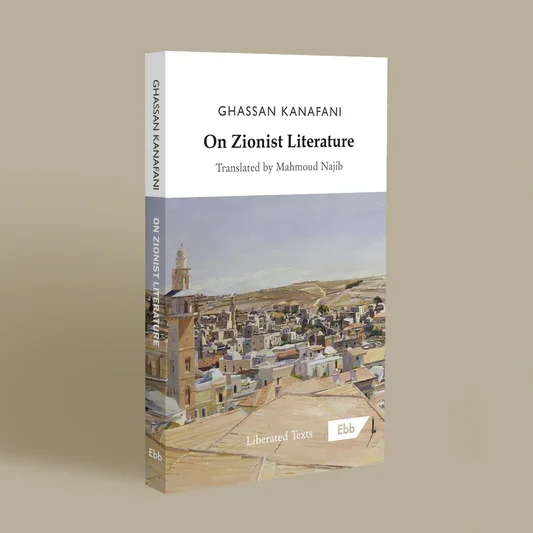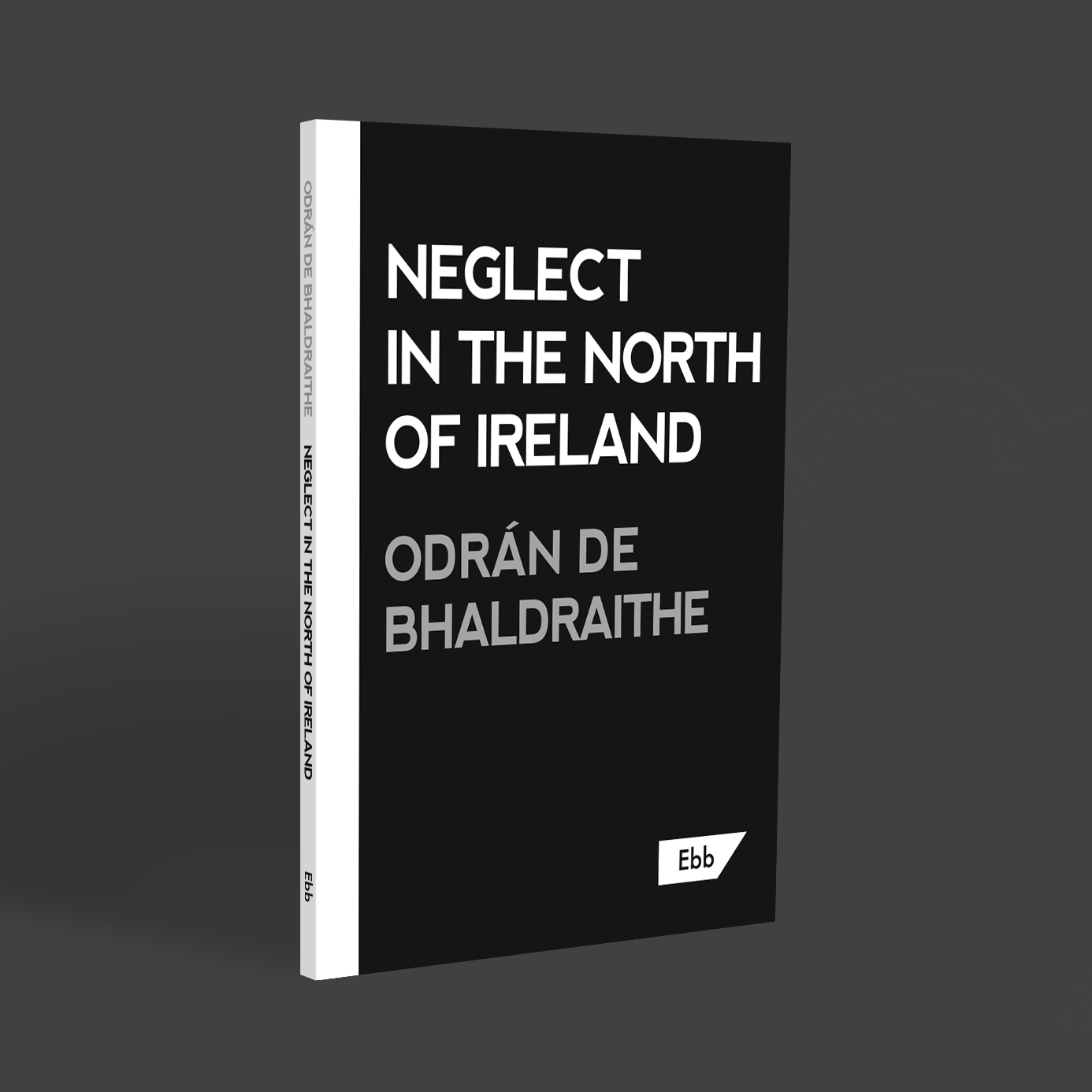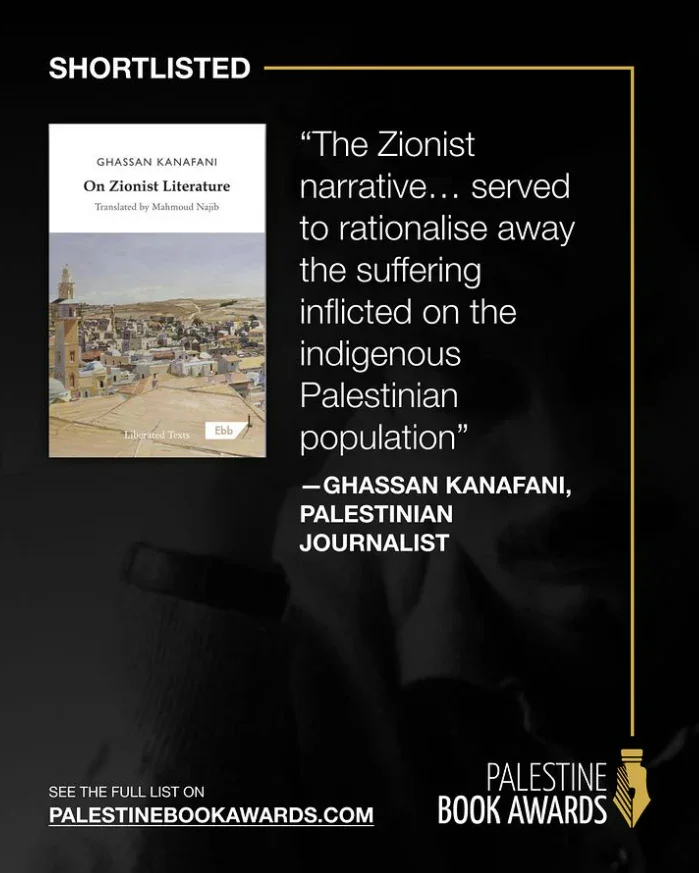The Foundations of Zionism chronicles Zionism’s development from its early origins up to the establishment of the British mandate over Palestine in 1923, refuting many of the movement's own foundational myths. Sabri Jiryis delves into Zionism's successive congresses and factional struggles, its early failures to settle in Palestine and the formation of armed militias, and its temporary alliances with the Ottoman Empire before the movement eventually secured support from Western colonial powers such as Britain. In a newly written conclusion, Jiryis reconsiders the Zionist project 100 years on from the Balfour Declaration and amid the ongoing genocide in Gaza.
Featured
On Zionist Literature
GHASSAN KANAFANI
£12.00 GBP
Neglect in the North of Ireland
ODRÀN DE BHALDRAITHE
£8.00 GBP
COMING SOON
Comrade Delta
DAVID RENTON
£15.00 GBP
Fascism and the Women’s Cause
ALEX CHARNLEY AND MICHAEL RICHMOND
£13.00 GBP
On David Renton’s Comrade Delta
“An honest, balanced, and well-documented account of an appalling episode. If the left is to progress, it must learn from its own history.”
Ian Birchall, author of Tiny Cliff: A Marxist for His Time (Bookmarks, 2011)
On Alex Charnley and Michael Richmond’s Fascism and the Women’s Cause
“This book is a tremendous resource and an exciting, theoretically sophisticated achievement. At a time when certain feminisms have reasserted themselves as one of fascism's forms of appearance, Alex Charnley and Michael Richmond's intervention could not be more critical.”
Sophie Lewis, author of Full Surrogacy Now: Feminism Against Family (Verso, 2019)
On Sabri Jiryis’ The Foundations of Zionism
“A foundational and vital work. Jiryis’ book is indispensable reading for anyone seeking to understand Zionism's monstrous rise from myth to mandate, and a sobering reminder that there is no redeeming it.”
Mohammed el-Kurd, Palestinian writer and poet
“On Zionist Literature is extremely valuable for readers to understand how literature and art were effectively ‘weaponised’ to justify Zionism's ideological pretensions and the erasure of Palestinian history. Half a century after his assassination, Kanafani's critique stands as a powerful challenge to still-prevalent Zionist myths.”






